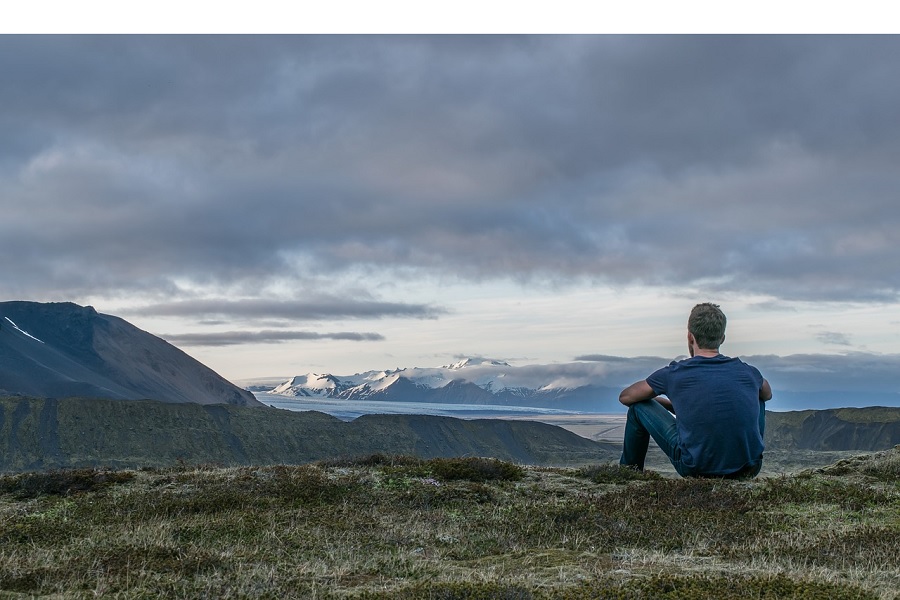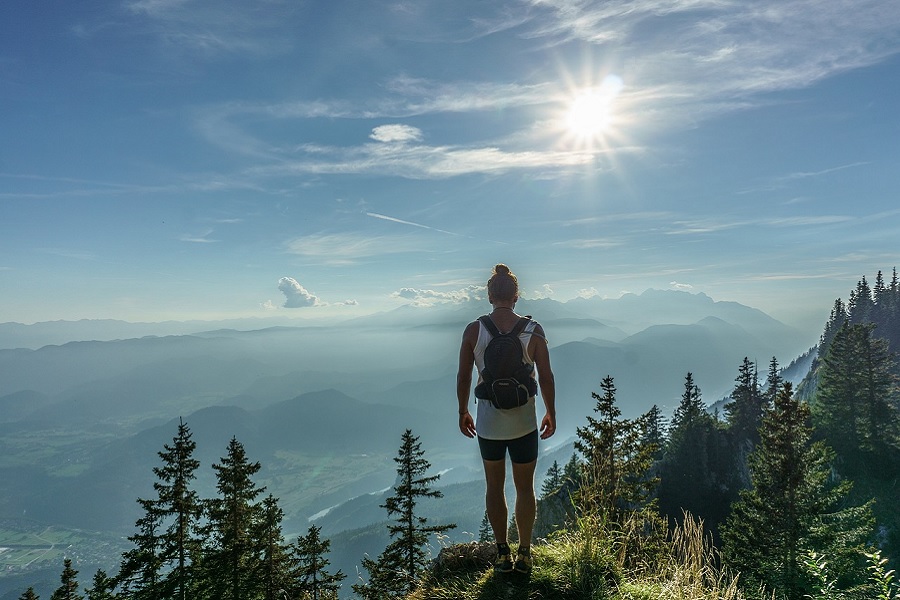Embrace the Peaks : The Ultimate Guide to Solo Mountain Adventures

Mountain trips are the perfect getaway for anyone seeking adventure, serenity, and self-reflection. Traveling solo in the mountains allows you to connect deeply with nature, challenge yourself, and experience the tranquility of remote landscapes. Whether you’re hiking, camping, or just exploring the stunning views, a solo trip to the mountains can be life-changing. Here’s your ultimate guide to planning a successful solo mountain adventure.
1. The Allure of Mountains for Solo Travelers
Mountains offer a unique escape from the hustle and bustle of everyday life. For solo travelers, they provide an unparalleled opportunity for reflection, self-discovery, and peace. The breathtaking views, fresh air, and the calming sound of nature allow for deep personal connection. Whether you're seeking solitude, adventure, or both, the mountains cater to a variety of needs, making them an ideal destination for solo travelers.
2. Choosing the Right Mountain Destination
The first step in planning your solo mountain trip is selecting the right destination. Factors such as difficulty level, safety, and accessibility are crucial to consider. Some well-known mountain ranges offer well-marked trails and comfortable accommodations, while others might require more rugged terrain and preparation.
Popular solo destinations include:
* The Swiss Alps: Ideal for hiking and scenic train journeys.
* Himalayas (India, Nepal): Offers a wide range of treks, from beginner to advanced.
* The Rocky Mountains (USA): Perfect for solo hiking and camping.
* The Andes (South America): A mix of adventure and cultural exploration.
3. Planning Your Itinerary
When traveling solo, it’s essential to plan your itinerary carefully. For mountain trips, this means deciding on the trails, choosing the right accommodations, and preparing for potential weather challenges. Consider the following:
* Trail Difficulty: Choose trails that match your experience and fitness level. For beginners, shorter, well-established paths are ideal, while more experienced trekkers may opt for challenging climbs.
* Duration: Decide how long you want to stay. A weekend trip can be rejuvenating, but for a more immersive experience, a week or longer in the mountains will allow you to explore deeper.
* Accommodation: Solo travelers can choose from camping, lodges, mountain huts, or hotels depending on their preference for comfort or adventure.
4. Safety Considerations
Safety is paramount, especially when traveling alone in the mountains. While the solitude of the mountains can be incredibly rewarding, it’s important to stay prepared for any unexpected situations:
* Tell Someone: Always inform a friend or family member about your itinerary, route, and expected return.
* Weather Awareness: Mountain weather can change quickly. Be sure to check forecasts and pack accordingly.
* Essential Gear: Bring appropriate gear, including sturdy hiking boots, waterproof clothing, a first-aid kit, a map, and a compass. A portable charger for your phone or GPS device is also crucial.
* Stay on Marked Trails: Don’t venture off the marked paths if you’re not experienced with the terrain. It’s easy to get lost in the mountains, especially if the weather turns.
5. Embrace the Solitude
One of the most rewarding aspects of a solo mountain trip is the solitude it offers. The peace and quiet of the mountain environment provide the perfect backdrop for self-reflection and mindfulness. Use this time to disconnect from daily distractions, meditate, and appreciate the natural world around you. Whether you’re journaling by a campfire or simply gazing at the stars, these moments of solitude can help you reconnect with yourself in ways that are difficult to achieve in everyday life.
6. Engage with Nature
While solitude is one of the benefits of solo travel in the mountains, don't forget to engage with the environment around you. The mountains offer endless opportunities to observe wildlife, photograph landscapes, or simply absorb the beauty. Take time to sit quietly and immerse yourself in the natural surroundings, paying attention to the sounds, colors, and smells that make the experience unique.
7. Health and Fitness Benefits
Solo trips to the mountains are physically demanding and offer excellent health benefits. Hiking or climbing at high altitudes improves cardiovascular health, builds strength, and enhances stamina. The fresh mountain air can also boost mental clarity and improve mood. Regular physical activity in such a tranquil setting promotes both physical well-being and emotional relaxation.
8. Reflecting on Your Journey
A solo mountain trip offers plenty of time for personal reflection. It’s not only a physical journey but also an emotional and spiritual one. Take the time to absorb the experience, write down your thoughts, and reflect on how the solitude and natural surroundings have impacted you. Many solo travelers find that the mountains bring clarity and help them feel more connected to the world around them.

.jpg)



















